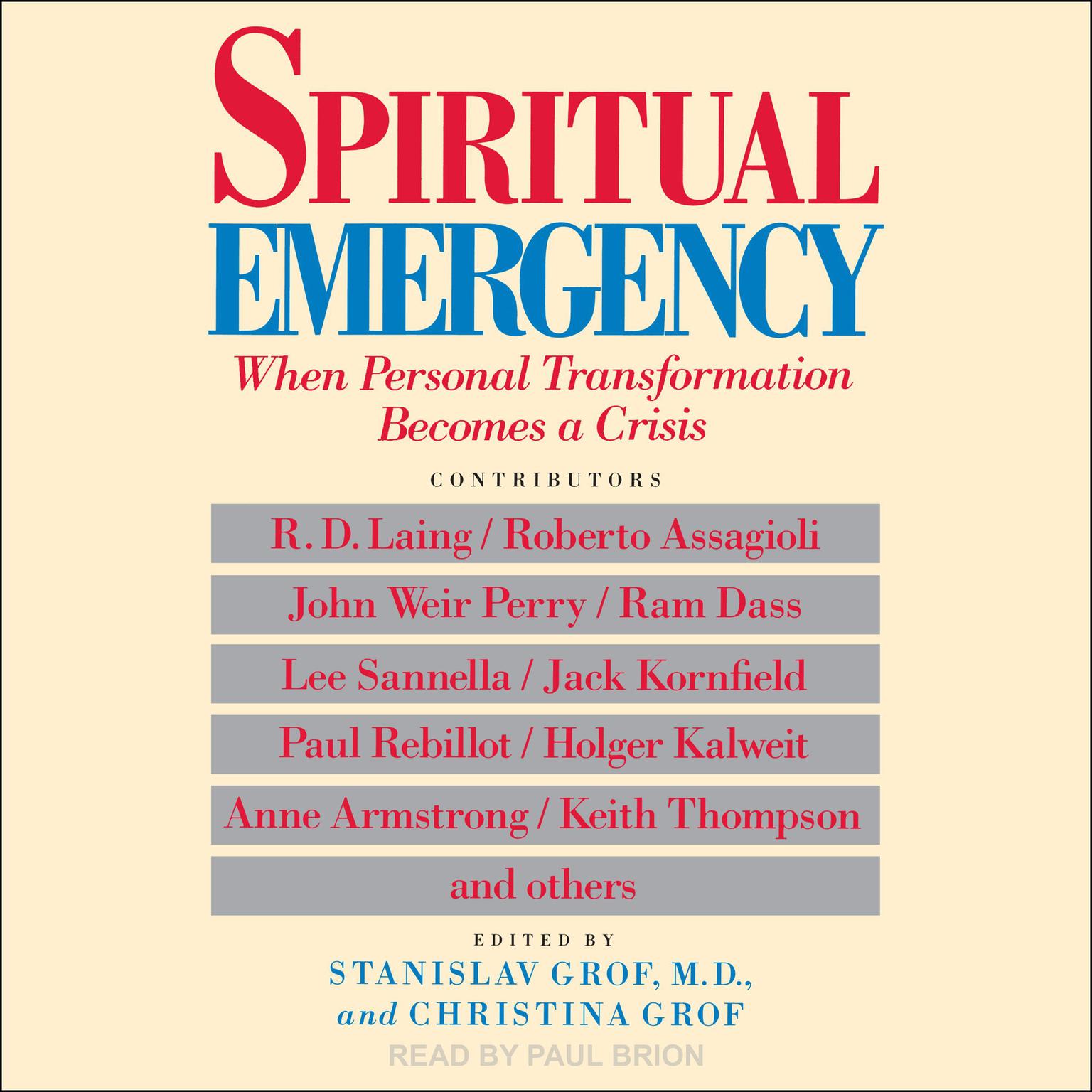The Seven Sacraments

In the realm of Christian theology, the Seven Sacraments are a cornerstone of faith, serving as a conduit for divine grace and a means of deepening one’s relationship with the Almighty. These sacred rituals, steeped in tradition and symbolism, have been a hallmark of Christian practice for centuries, providing a framework for spiritual growth, community building, and the celebration of life’s milestones. To comprehend the significance of the Seven Sacraments, it is essential to delve into their history, evolution, and the distinct characteristics that define each one.
Historical Context and Evolution
The concept of sacraments originated in the early Christian Church, with the term “sacrament” derived from the Latin word “sacramentum,” meaning a solemn oath or a mystical symbol. Over time, the number and nature of the sacraments have undergone significant transformations, influenced by theological debates, ecclesiastical councils, and the rise of various Christian denominations. While the Eastern Orthodox Church and the Roman Catholic Church recognize seven sacraments, some Protestant denominations acknowledge only two or three, highlighting the diversity within the Christian faith.
The Seven Sacraments: An Overview
- Baptism: Often considered the gateway to the Christian faith, baptism symbolizes spiritual rebirth and the washing away of sins. It is typically performed through immersion in water or the pouring of water on the head, signifying the individual’s commitment to follow Christ.
- Confirmation: Also known as chrismation, confirmation is a sacrament that confirms one’s faith, bestowing the gift of the Holy Spirit. It is usually administered by a bishop through the anointing with holy oil, marking the individual’s full initiation into the Church.
- Eucharist: The Eucharist, or Holy Communion, is the sacrament in which believers partake of the body and blood of Christ, represented by bread and wine. This ritual commemorates the Last Supper and is seen as a means of spiritual nourishment and unity with Christ and the community of believers.
- Penance: Also referred to as reconciliation or confession, penance is the sacrament through which believers seek forgiveness for their sins. It involves confessing one’s sins to a priest, who then offers absolution, providing a path to spiritual healing and renewal.
- Anointing of the Sick: This sacrament is administered to those who are ill or elderly, offering them spiritual comfort, strength, and forgiveness. It involves the anointing with oil and prayers for healing, not just of the body but also of the soul.
- Holy Orders: The sacrament of holy orders is the ordination of men to the priesthood or diaconate, empowering them to serve the Church through the administration of sacraments and the proclamation of the Gospel.
- Matrimony: Matrimony is the sacrament of marriage, which unites a man and a woman in a lifelong commitment, mirroring the union between Christ and the Church. It is seen as a divine institution, promoting love, fidelity, and the procreation of children.
Theological Significance and Practical Applications
Each sacrament is imbued with profound theological significance, reflecting various aspects of the divine-human relationship. They are not merely rituals but living encounters with Christ, through which believers experience grace, mercy, and the transformative power of God. The sacraments serve as a bridge between the material and spiritual worlds, using physical elements like water, oil, and bread to convey spiritual realities.
In practical terms, the sacraments play a vital role in the life of the Church and individual believers. They provide a structured path for spiritual growth, from the initial welcome into the Christian community through baptism to the final rites of passage at the end of life. The sacraments also foster a sense of community, as believers come together to celebrate significant life events and support one another in their spiritual journeys.
Comparative Analysis with Other Denominations
The recognition and practice of the Seven Sacraments vary significantly across different Christian denominations. For instance, while the Roman Catholic Church and the Eastern Orthodox Church affirm the importance of all seven sacraments, many Protestant denominations focus primarily on baptism and the Eucharist, considering these as the only sacraments explicitly instituted by Christ. This diversity in sacramental theology reflects the broader theological and ecclesiastical differences that exist within Christianity, highlighting the complex and multifaceted nature of Christian doctrine and practice.
Future Trends and Implications
As the Christian faith continues to evolve and adapt to the challenges of the modern world, the understanding and practice of the sacraments are likely to undergo further developments. There is a growing emphasis on the sacraments as a means of spiritual nourishment and community building, rather than merely as rituals. Moreover, the increasing globalization of Christianity is leading to a more diverse and inclusive understanding of sacramental practice, as different cultural and theological perspectives are brought to the forefront.
Conclusion
The Seven Sacraments are a fundamental aspect of Christian theology and practice, embodying the essence of the faith and providing a tangible means of experiencing divine grace. Through their rich history, theological depth, and practical applications, the sacraments continue to play a vital role in the spiritual lives of believers, fostering a deeper connection with God and the community of faith. As Christianity navigates the complexities of the modern era, the sacraments remain a constant source of comfort, guidance, and spiritual transformation.
FAQ Section

What is the purpose of the sacraments in the Christian faith?
+The sacraments are believed to be a means of receiving divine grace and deepening one’s relationship with God. They are seen as a way to experience the presence and love of God in a tangible and personal manner.
How do different Christian denominations view the sacraments?
+Views on the sacraments vary significantly across different Christian denominations. The Roman Catholic Church and the Eastern Orthodox Church affirm the importance of seven sacraments, while many Protestant denominations recognize only two or three, focusing primarily on baptism and the Eucharist.
What is the significance of the Eucharist in Christian worship?
+The Eucharist, or Holy Communion, is considered a central part of Christian worship, commemorating the Last Supper and providing a means of spiritual nourishment through the partaking of the body and blood of Christ. It symbolizes unity with Christ and the community of believers.
Can anyone receive the sacraments, or are there specific requirements?
+The requirements for receiving the sacraments vary depending on the denomination and the specific sacrament. Generally, baptism is open to all, while other sacraments may have prerequisites, such as faith, repentance, or membership in the Church.
How have the sacraments evolved over time, and what future developments can be expected?
+The sacraments have undergone significant developments throughout Christian history, influenced by theological debates, ecclesiastical councils, and cultural changes. As Christianity continues to adapt to the modern world, the understanding and practice of the sacraments are likely to evolve, emphasizing their role in spiritual nourishment, community building, and inclusivity.

